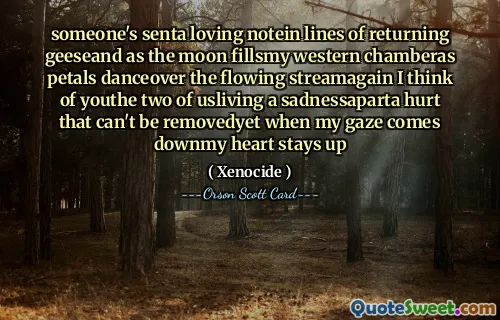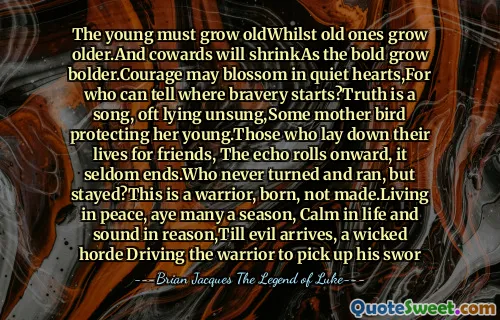As if this great outburst of anger had purged all my ills, killed all my hopes, I looked up at the mass of signs and stars in the night sky and laid myself open for the first time to the benign indifference of the world- and finding it so much like myself, in fact so fraternal, I realized that I'd been happy, and that I was still happy. For the final consummation and for me to feel less lonely, my last wish was that there should be a crowd of spectators at my execution and that they should greet me with cries of hatred.
In this excerpt from Albert Camus' "The Stranger," the protagonist experiences a profound moment of revelation after a surge of anger. This emotional release leads him to confront the vastness and indifference of the universe. As he gazes up at the night sky filled with stars, he recognizes a connection between himself and the world around him. This realization brings him a sense of happiness, suggesting that despite his turmoil, he finds solace in the acceptance of his existence within a vast and indifferent reality.
His final wish reflects a deep-seated desire for recognition and connection, even in his impending execution. He longs for a crowd to witness his fate, hoping to evoke feelings of animosity from them. This wish underscores the theme of isolation and the search for meaning, as he craves an acknowledgment of his struggle. Ultimately, the passage illustrates the paradox of finding contentment in the face of life's absurdity and the human desire for connection amidst profound loneliness.



